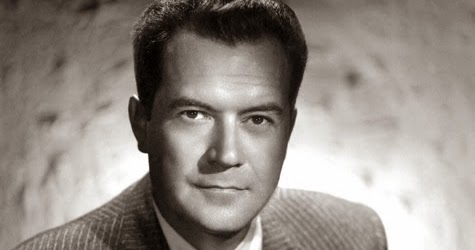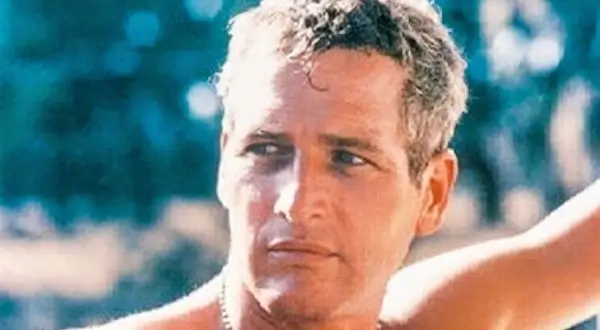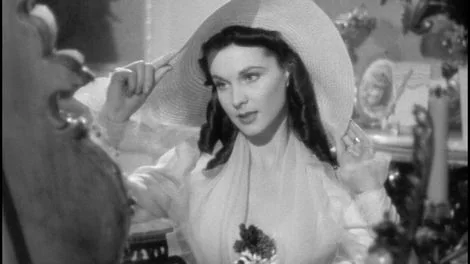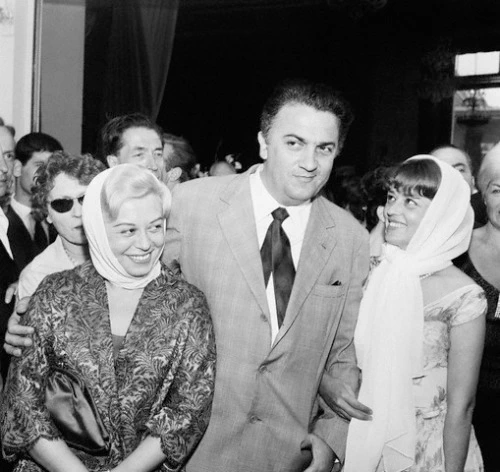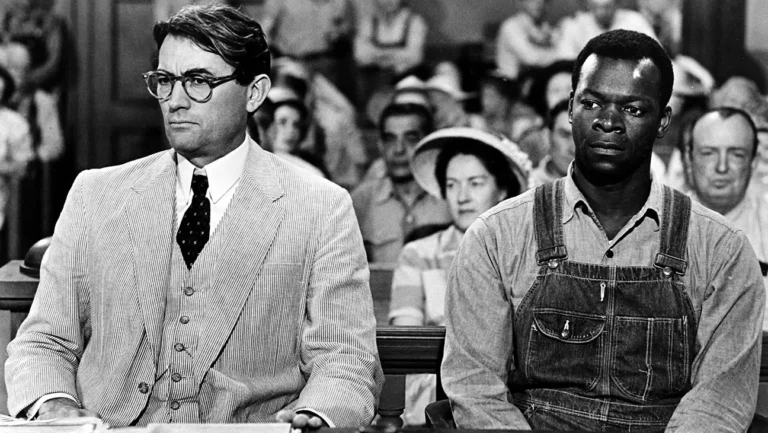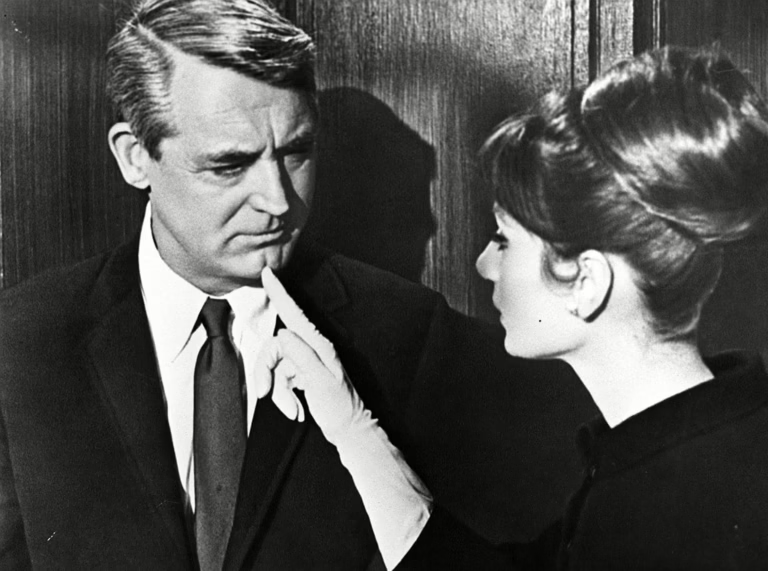Remembering Frank Lovejoy: A Versatile Actor of Film Noir and Radio
Frank Andrew Lovejoy Jr. (March 28, 1912 – October 2, 1962) was an American actor whose remarkable career spanned radio, film, and television. Born in the Bronx, New York, and raised in New Jersey, Lovejoy became a significant figure in the entertainment industry, particularly known for his compelling performances in film noir and his captivating work on the radio.
Early Life and Radio Career
Frank Lovejoy was born to Frank Andrew Lovejoy Sr., a furniture salesman from Maine, and Nora, who hailed from a family of Irish immigrants in Massachusetts. His early exposure to performing arts led him to a successful decade-long career in radio before he transitioned to film in the 1950s. During this period, Lovejoy was a prolific figure, appearing in thousands of broadcasts and establishing himself as a household name on the East Coast.

Rise to Film Stardom
Lovejoy’s entry into Hollywood marked a turning point in his career. He became particularly recognized for his roles in film noir, a genre that perfectly suited his everyman persona. He is perhaps best remembered for his performance in The Hitch-Hiker (1953), directed by Ida Lupino, where he played a man caught in a life-threatening situation with a dangerous hitchhiker. This role highlighted his ability to convey tension and vulnerability, securing his status as a standout performer in the genre.
In addition to The Hitch-Hiker, Lovejoy appeared in several other notable films throughout the 1940s and 1950s. His credits include Goodbye, My Fancy (1951) alongside Joan Crawford, and war dramas such as Home of the Brave (1949) and Strategic Air Command (1955) with James Stewart. Lovejoy’s portrayal of relatable characters in extraordinary circumstances resonated with audiences, making him a favorite among filmgoers.
Social Commentary in His Work
In 1950, Lovejoy took on a lead role in Try and Get Me (also known as Sound of Fury), where he played a desperate man turned criminal to support his family. The film tackled themes of crime, social injustice, and mob mentality, showcasing Lovejoy’s range as an actor capable of addressing serious societal issues. His performance contributed to the film’s critical acclaim and highlighted the darker aspects of human nature.

Personal Life and Legacy
Frank Lovejoy married actress Joan Banks in 1940, and together they had two children, Judith and Stephen. Lovejoy’s dedication to his craft extended beyond the silver screen, as he continued to perform in various productions, including a New Jersey staging of Gore Vidal’s play The Best Man at the time of his untimely death. Tragically, he passed away from a heart attack at the age of 50, leaving behind a legacy of captivating performances and a profound impact on both radio and film.
In remembrance of Frank Lovejoy, we celebrate his contributions to the entertainment industry and the memorable characters he brought to life. His ability to connect with audiences through relatable stories and performances continues to resonate, ensuring that his legacy endures.
